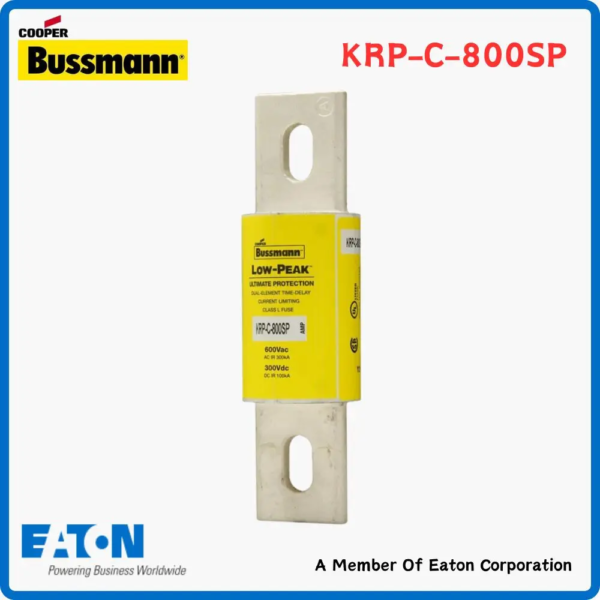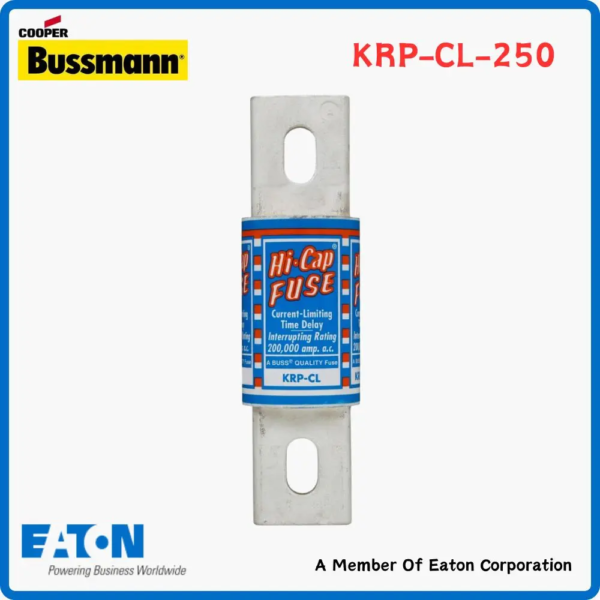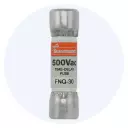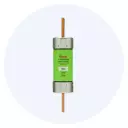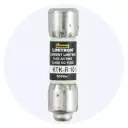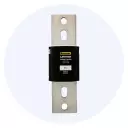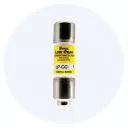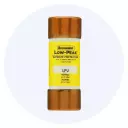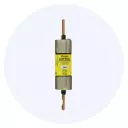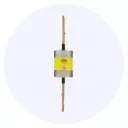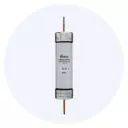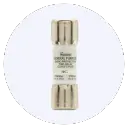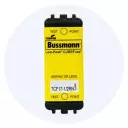Bussmann FNQ Fuses
Eaton Bussmann FNQ-1/8 Low Voltage Fuse
Rated 5.00 out of 5In stock
$16.74EachSKU: FNQ-1/8Weight 0.175 lbs Dimensions 0.01138889 × 0.01138889 × 0.04166667 yd Brand Eaton Bussmann
Eaton-Bussmann, with its headquarters in St. Louis, Missouri, is a division of Eaton Corporation that specializes in the production of circuit protection products. These products are designed for use in the electrical, electronic, and automotive industries, both domestically and on a global scale. The company boasts a strong manufacturing network with facilities located in three domestic and six international locations, reflecting its commitment to serving customers worldwide. With a team of approximately 3,000 employees, Eaton-Bussmann is well-positioned to meet the ever-evolving needs of its customers in the electrical protection industry.
Eaton stands as a forward-thinking leader in power management, focused on enhancing lifestyles and safeguarding the planet. Leveraging the worldwide momentum of electrification and digital innovation, they propel the global shift towards renewable energy, addressing pressing power management issues on a global scale.Product type Low Voltage Fuse
Voltage 500 Volt
Eaton Bussmann FNQ-R-1/10 Low Voltage Fuse
Rated 5.00 out of 5In stock
$11.33EachSKU: FNQ-R-1/10Weight 0.175 lbs Dimensions 0.01138889 × 0.01138889 × 0.04166667 yd Brand Eaton Bussmann
Eaton-Bussmann, with its headquarters in St. Louis, Missouri, is a division of Eaton Corporation that specializes in the production of circuit protection products. These products are designed for use in the electrical, electronic, and automotive industries, both domestically and on a global scale. The company boasts a strong manufacturing network with facilities located in three domestic and six international locations, reflecting its commitment to serving customers worldwide. With a team of approximately 3,000 employees, Eaton-Bussmann is well-positioned to meet the ever-evolving needs of its customers in the electrical protection industry.
Eaton stands as a forward-thinking leader in power management, focused on enhancing lifestyles and safeguarding the planet. Leveraging the worldwide momentum of electrification and digital innovation, they propel the global shift towards renewable energy, addressing pressing power management issues on a global scale.Product type Low Voltage Fuse
Voltage 500 Volt
Bussmann WCF Fuses
Bussmann FCF Fuses
Eaton Bussmann Series UL Class CF, FCF 1RN Fuse
Rated 5.00 out of 5In stock
$79.99SKU: FCF1RNBrand Eaton Bussmann
Eaton-Bussmann, with its headquarters in St. Louis, Missouri, is a division of Eaton Corporation that specializes in the production of circuit protection products. These products are designed for use in the electrical, electronic, and automotive industries, both domestically and on a global scale. The company boasts a strong manufacturing network with facilities located in three domestic and six international locations, reflecting its commitment to serving customers worldwide. With a team of approximately 3,000 employees, Eaton-Bussmann is well-positioned to meet the ever-evolving needs of its customers in the electrical protection industry.
Eaton stands as a forward-thinking leader in power management, focused on enhancing lifestyles and safeguarding the planet. Leveraging the worldwide momentum of electrification and digital innovation, they propel the global shift towards renewable energy, addressing pressing power management issues on a global scale.Product type Fuse
Voltage 600 Volt
Bussmann FRS Fuses
Bussmann HEB-AA Fuse
Eaton Bussmann HEB-AA Inline Fuse Holder
Rated 5.00 out of 5In stock
$18.99SKU: 504-HEB-AA-2Brand Eaton Bussmann
Eaton-Bussmann, with its headquarters in St. Louis, Missouri, is a division of Eaton Corporation that specializes in the production of circuit protection products. These products are designed for use in the electrical, electronic, and automotive industries, both domestically and on a global scale. The company boasts a strong manufacturing network with facilities located in three domestic and six international locations, reflecting its commitment to serving customers worldwide. With a team of approximately 3,000 employees, Eaton-Bussmann is well-positioned to meet the ever-evolving needs of its customers in the electrical protection industry.
Eaton stands as a forward-thinking leader in power management, focused on enhancing lifestyles and safeguarding the planet. Leveraging the worldwide momentum of electrification and digital innovation, they propel the global shift towards renewable energy, addressing pressing power management issues on a global scale.Product type Fuse
Voltage 600 Volt
Bussmann JJN Fuses
Bussmann JJS Fuses
Bussmann JKS Fuses
Eaton Bussmann Fuse JKS-1 Low Voltage Fuse
Rated 5.00 out of 5In stock
$13.99SKU: JKS-1Brand Eaton Bussmann
Eaton-Bussmann, with its headquarters in St. Louis, Missouri, is a division of Eaton Corporation that specializes in the production of circuit protection products. These products are designed for use in the electrical, electronic, and automotive industries, both domestically and on a global scale. The company boasts a strong manufacturing network with facilities located in three domestic and six international locations, reflecting its commitment to serving customers worldwide. With a team of approximately 3,000 employees, Eaton-Bussmann is well-positioned to meet the ever-evolving needs of its customers in the electrical protection industry.
Eaton stands as a forward-thinking leader in power management, focused on enhancing lifestyles and safeguarding the planet. Leveraging the worldwide momentum of electrification and digital innovation, they propel the global shift towards renewable energy, addressing pressing power management issues on a global scale.Product type Low Voltage Fuse
Voltage 600 Volt
Bussmann KRP Fuses
Eaton Bussmann Fuses Overview and Applications
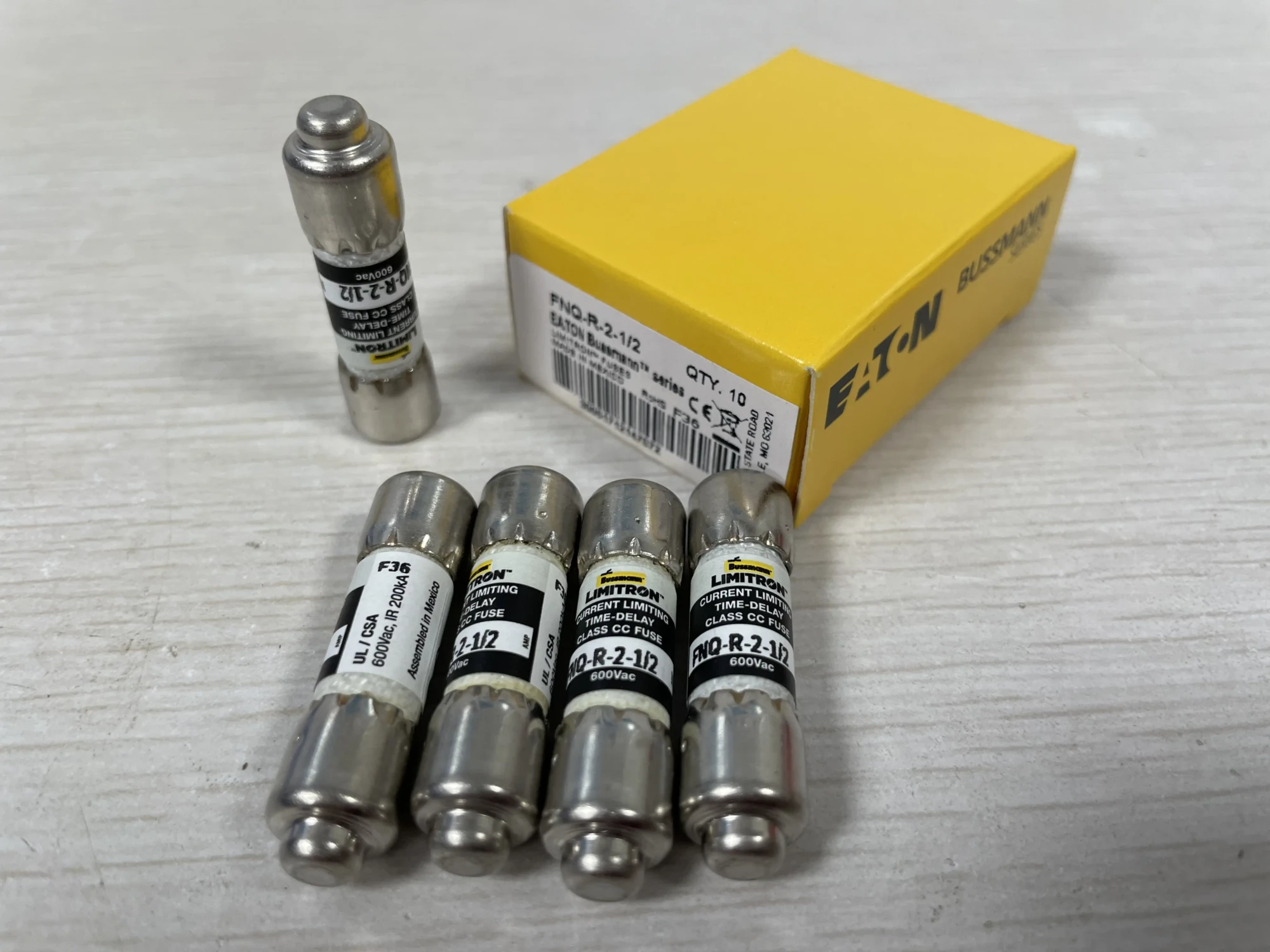
Eaton Bussmann fuses are a crucial component in circuit protection solutions, designed to prevent damage to electrical systems and ensure the safe and efficient operation of equipment. As a leading manufacturer of power management products, Eaton Bussmann offers a wide range of fuses that cater to diverse applications and industries. In this article, we will delve into the overview and applications of Eaton Bussmann fuses, highlighting their product parameters, specifications, uses, and precautions.
Product Parameters and Specifications
Eaton Bussmann fuses are available in various types, including North American fast-blow fuses, IEC standard fuses, American standard cylindrical fuses, European standard square fast-blow fuses, UL/CSA certified low-voltage fuses, miniature low-voltage fuses, fuse holders, and microswitches. These fuses are designed to meet specific standards and regulations, ensuring compliance with international safety protocols.
The product parameters of Eaton Bussmann fuses include:
- Voltage ratings: up to 600V AC and 300V DC
- Current ratings: up to 100A
- Interrupting capacities: up to 200kA
- Operating temperatures: -40°C to 125°C
Uses and Applications
Eaton Bussmann fuses are used in a wide range of applications, including:
- Industrial control systems
- Power distribution systems
- Electronic equipment
- Automotive systems
- Aerospace and defense systems
- Renewable energy systems
These fuses are designed to protect against overcurrent and overvoltage conditions, ensuring the safe and efficient operation of equipment. They are also used to prevent damage to electrical systems, reducing downtime and increasing productivity.
Precautions and Safety Considerations
When using Eaton Bussmann fuses, it is essential to follow proper safety procedures and precautions to ensure safe and efficient operation. Some of the key safety considerations include:
- Selecting the correct fuse type and rating for the specific application
- Ensuring proper installation and maintenance of fuses
- Avoiding overloading or tampering with fuses
- Following manufacturer’s instructions and guidelines
Benefits and Advantages
Eaton Bussmann fuses offer several benefits and advantages, including:
- High-quality and reliable performance
- Compliance with international safety standards and regulations
- Wide range of product options and configurations
- Easy installation and maintenance
- Cost-effective and efficient operation
Conclusion
In conclusion, Eaton Bussmann fuses are a crucial component in circuit protection solutions, offering a wide range of products and applications to cater to diverse industries and needs. By understanding the product parameters, specifications, uses, and precautions of Eaton Bussmann fuses, users can ensure safe and efficient operation of equipment, reducing downtime and increasing productivity. As a leading manufacturer of power management products, Eaton Bussmann continues to innovate and improve its products, providing customers with high-quality and reliable solutions for their circuit protection needs.
Additional Resources
For more information on Eaton Bussmann fuses, please visit our website or contact our technical support team. We offer a comprehensive range of resources, including product datasheets, application guides, and technical notes, to help users select and use the correct fuse for their specific application. Our team of experts is also available to provide training and support, ensuring that users can optimize the performance and safety of their equipment.
FAQs
Q: What is the difference between a fast-blow fuse and a slow-blow fuse?
A: A fast-blow fuse is designed to interrupt quickly in response to an overcurrent condition, while a slow-blow fuse is designed to interrupt more slowly, allowing for temporary overcurrent conditions.
Q: How do I select the correct fuse type and rating for my application?
A: The correct fuse type and rating depend on the specific application and requirements. Please consult our product datasheets and application guides for more information.
Q: Can I use a fuse with a higher current rating than required for my application?
A: No, using a fuse with a higher current rating than required can lead to reduced performance and safety risks. It is essential to select a fuse with the correct current rating for the specific application.
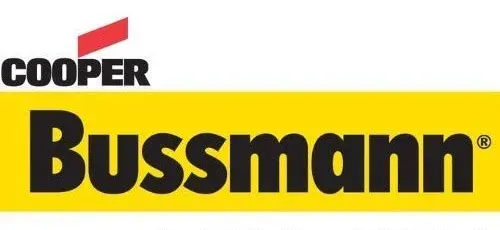
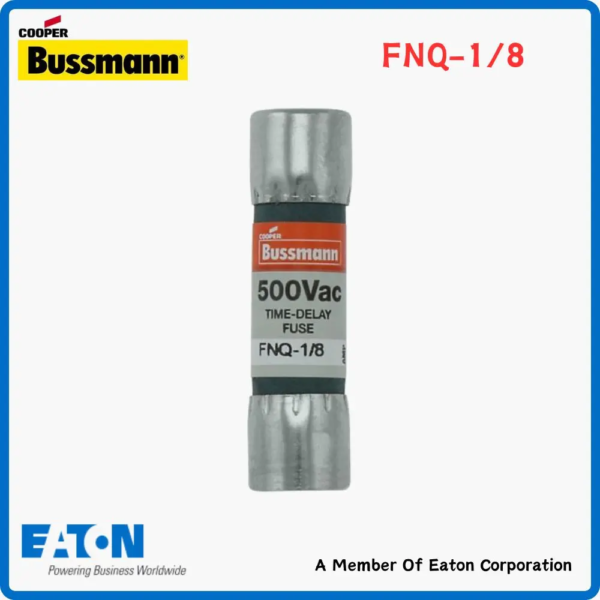
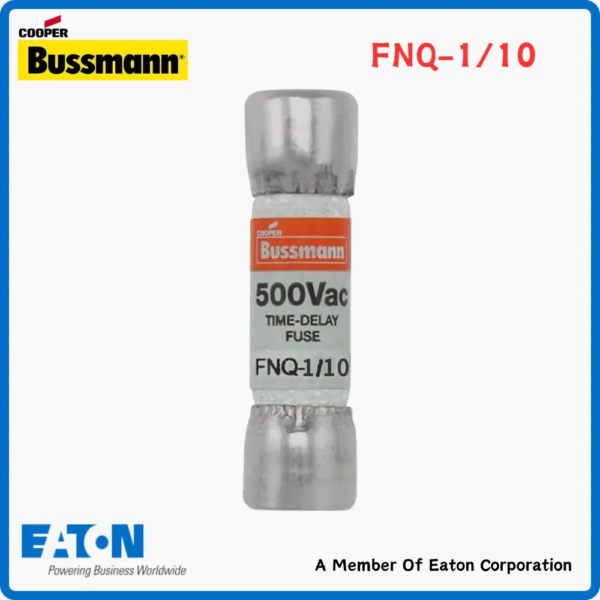

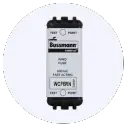 Bussmann WCF Fuses
Bussmann WCF Fuses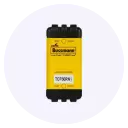 Bussmann FCF Fuses
Bussmann FCF Fuses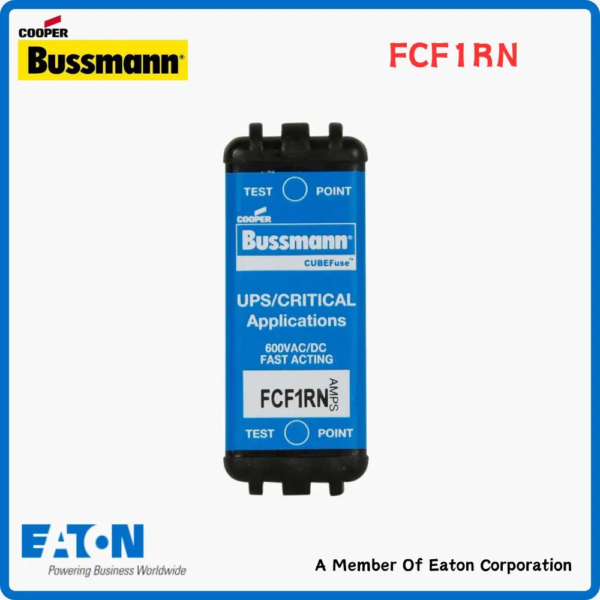
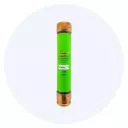 Bussmann FRS Fuses
Bussmann FRS Fuses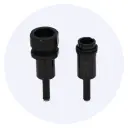 Bussmann HEB-AA Fuse
Bussmann HEB-AA Fuse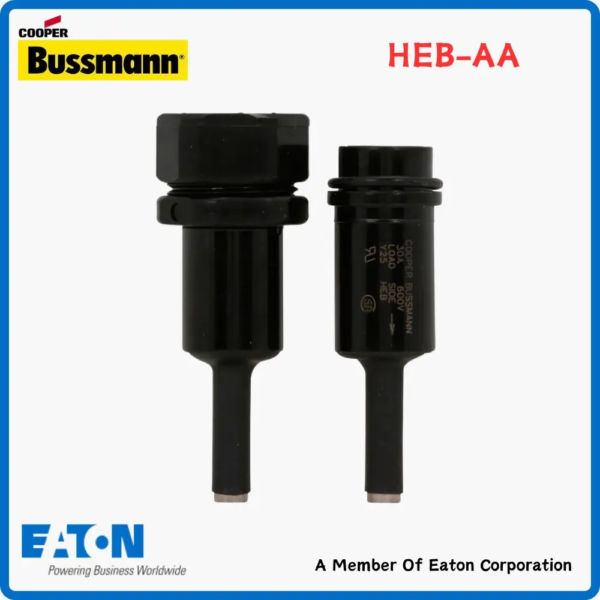
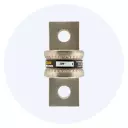 Bussmann JJN Fuses
Bussmann JJN Fuses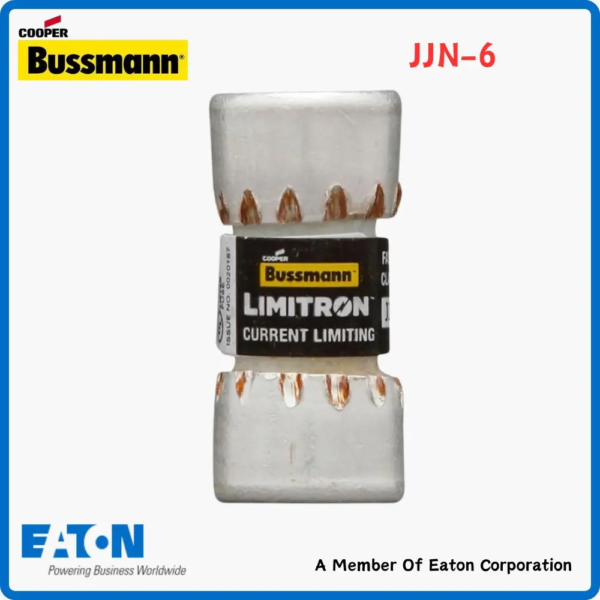
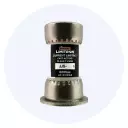 Bussmann JJS Fuses
Bussmann JJS Fuses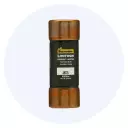 Bussmann JKS Fuses
Bussmann JKS Fuses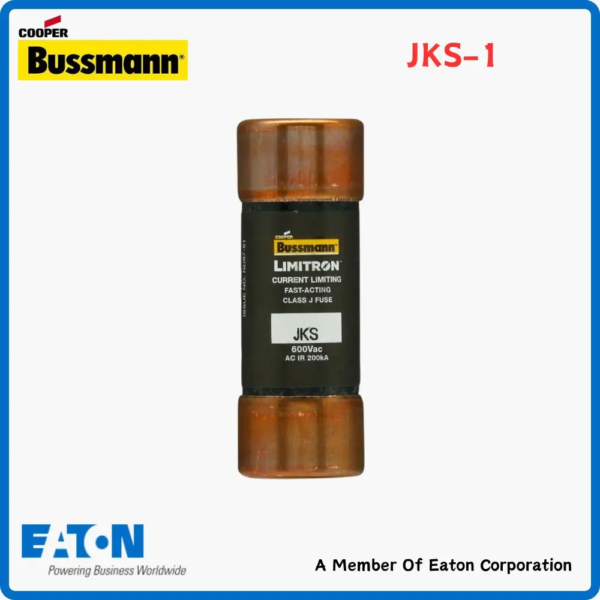
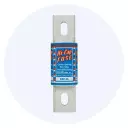 Bussmann KRP Fuses
Bussmann KRP Fuses